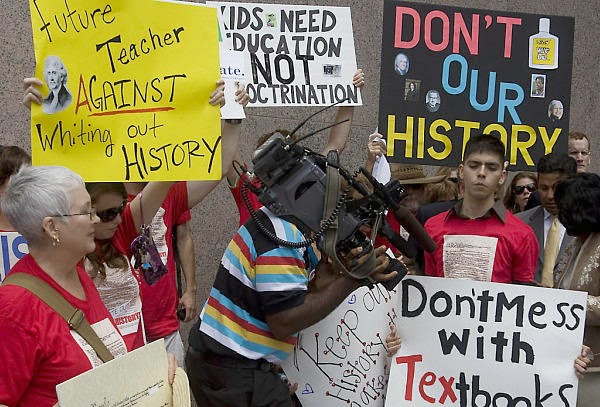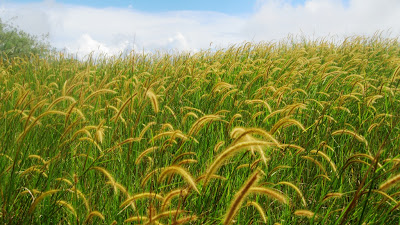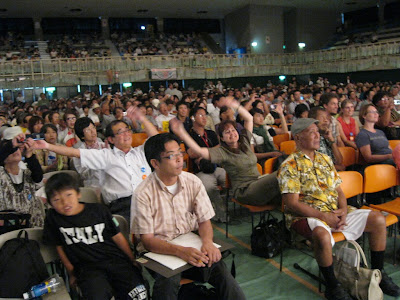September 11, 1671

Every September 11th since September 11, 2001 has a surreal quality to it. As if in a world where history repeats and meaning is always muddled, somehow the events of that day achieved a special, extra level of meaning for those that were alive and of age to experience it. At least this is what they say, and how true this seems depends a lot on your relationship to the US and what type of imaginary tissue connects you to it. 9/11 always means another set of memorial or retrospectives. These commemorative acts help us lock in a particular narrative for conceiving what happened that day, what it means, and whether or not we allow any understanding of events that helped led to that attack. At these memorials people recall where they were when they learned of the attacks and reminders of how scared they were, but how America rose again from those ashes. Mixed into this naturally is a lot of what you might call blind patriotism or shallow patriotism. September 11 th , as the US se






